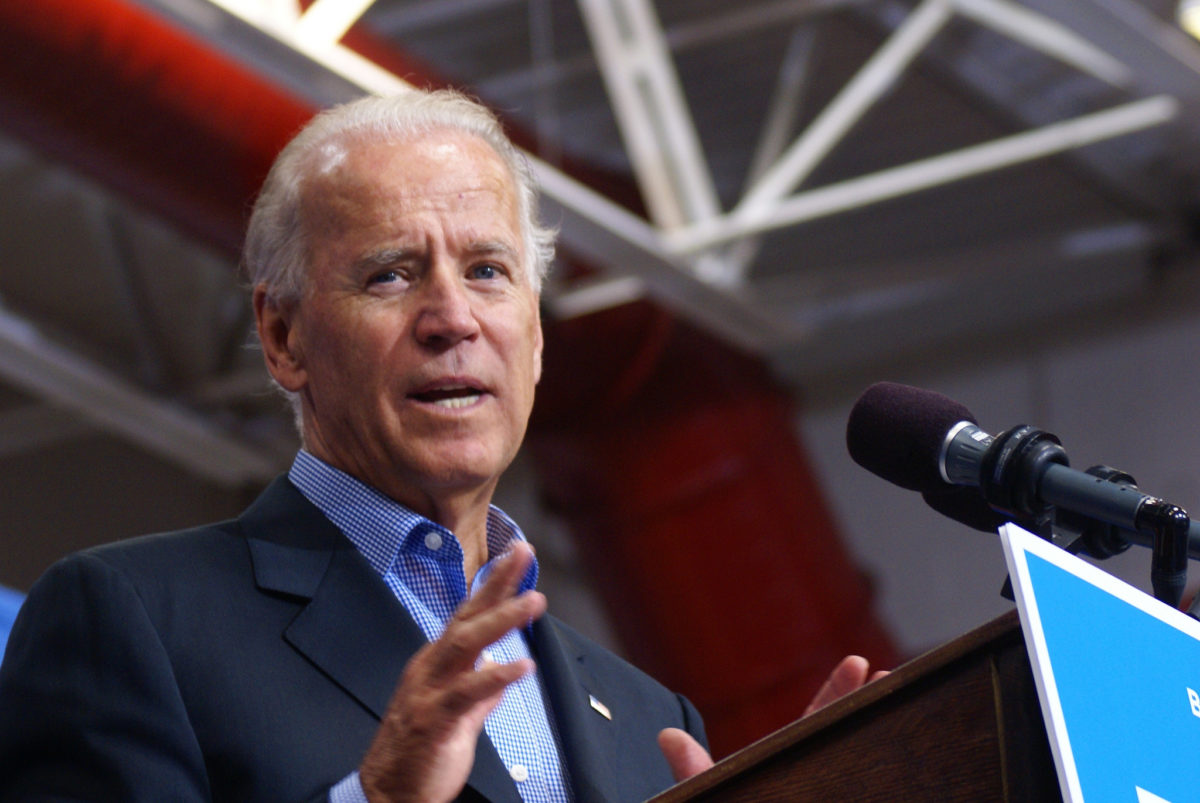Speeding up efforts to develop a blood test for cancer was among more than 30 big projects that Vice President Joe Biden said would make up the “Cancer Moonshot” earlier this week.
Canton-based Personal Genome Diagnostics, which is built on pioneering cancer genomics research that was spun out of Johns Hopkins University, is one of the private-sector players involved in the effort to open up data about a liquid biopsy.
A test that only requires drawing one or two tubes of blood is seen as an improvement on the current tests for cancer, such as a traditional biopsy performed under surgery or an ultrasound scan. It’s less invasive and risky. The testing is also done at the genetic level, tracking how cancer mutates.
“We can look at many different thousands of mutations that are common in cancer and we can detect those mutations,” John Simmons, Personal Genome Diagnostics’ manager for translational science and diagnostics, said by phone from outside the White House on Monday.
Instead of a single biopsy that in some cases may have been taken many years — or treatments — ago, Simmons said the blood test provides a “real-time livestream of what’s happening at the genetic level in the patient’s tumor or tumors.” Researchers believe more accurate information about changes that cancer is causing at the genetic level will help doctors choose better treatments.
Getting the test right is not easy. The DNA that is specific to a tumor is different from the healthy DNA. However, there is only a “small minority” of DNA in the blood that is from the tumor, and the test has to be accurate.
“We often say it’s like finding a needle in a needlestack,” said Simmons. At the same time, all parties acknowledge that more must be known before the tests are fully adopted.
Opening up more data is seen as key to speeding the effort. PGDx is among 20 companies and organizations coming together to pilot an open database for the liquid biopsies. They will join players such as Pfizer, Memorial Sloan Kettering Cancer Center and Eli Lily to create a Blood Profiling Atlas.
The idea is to get lots of data in one place, open it up and collaborate with research institutions and federal regulators like the FDA.
It’s not only about developing the tools, but getting them to market. Personal Genome Diagnostics recently launched a testing platform called PlasmaSELECT 64. Since the test is seen as helping patients who are in need of treatments for advanced cancer that don’t have biopsies available, Simmons believes elements of the test could be useful in clinical trials. To that end, the company will share data from 500 samples and encourage existing partners to share data.
The call from D.C. comes about a year after the six-year-old company founded by Victor Velculescu and Luis Diaz closed a $21.4 million Series A, and six months after it named its first CEO. Simmons said the conversation with the White House about participating began over the summer, and that officials recognized the company as a leader in cancer genomics.
Join the conversation!
Find news, events, jobs and people who share your interests on Technical.ly's open community Slack

Baltimore daily roundup: Medtech made in Baltimore; Sen. Sanders visits Morgan State; Humane Ai review debate

Baltimore daily roundup: The city's new esports lab; a conference in Wilmington; GBC reports $4B of economic activity

Baltimore daily roundup: Find your next coworking space; sea turtle legislation; Dali raided and sued


